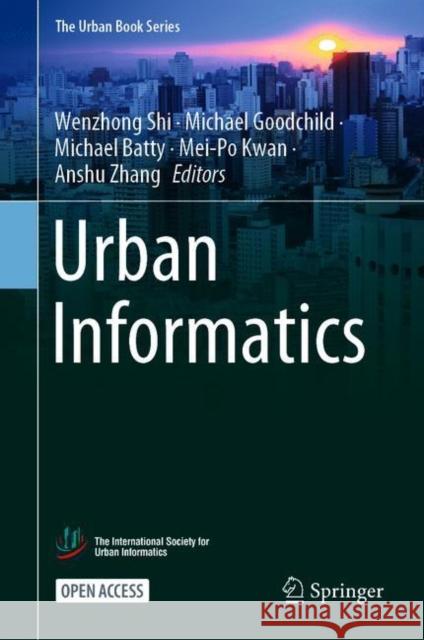Urban Informatics » książka
topmenu
Urban Informatics
ISBN-13: 9789811589829 / Angielski / Twarda / 2021 / 941 str.
Urban Informatics
ISBN-13: 9789811589829 / Angielski / Twarda / 2021 / 941 str.
cena 201,24
(netto: 191,66 VAT: 5%)
Najniższa cena z 30 dni: 192,74
(netto: 191,66 VAT: 5%)
Najniższa cena z 30 dni: 192,74
Termin realizacji zamówienia:
ok. 22 dni roboczych.
ok. 22 dni roboczych.
Darmowa dostawa!
Kategorie BISAC:
Wydawca:
Springer
Seria wydawnicza:
Język:
Angielski
ISBN-13:
9789811589829
Rok wydania:
2021
Wydanie:
2021
Numer serii:
000789133
Ilość stron:
941
Waga:
1.67 kg
Wymiary:
23.88 x 19.81 x 4.83
Oprawa:
Twarda
Wolumenów:
01











